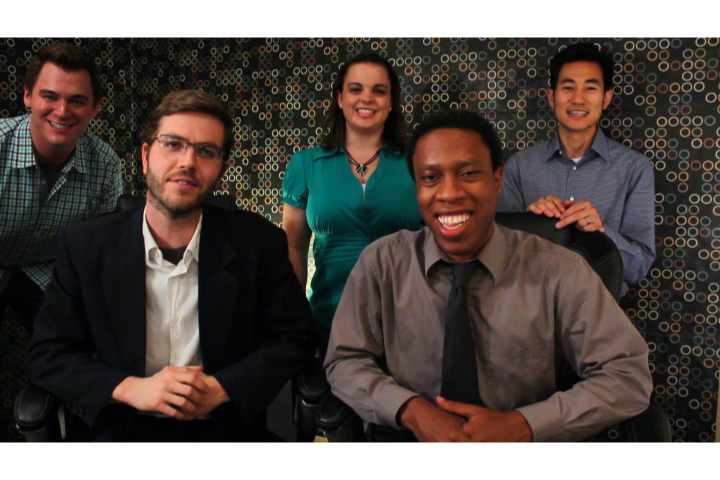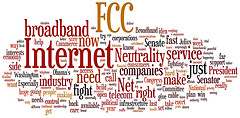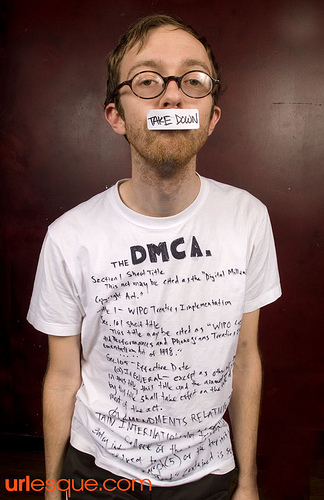Join New Media Rights in signing the Declaration of Internet Freedom to uphold basic rights in the digital world
Net Neutrality Rules: Illogical logic governs what ISPs can block
How we helped a local filmmaker & our guide for filesharing defendants
September Newsletter: Success stories, challenging AT&T, and Blogworld 2011
Copyright Office decision supports cell phone jailbreaking, encourages educators and remixers
Let the Wookie Win: A Short History of Star Wars Litigation
New Media Rights files comments in FCC Future of Media proceeding
How service providers deny users the right to counternotify for content removed by DMCA takedown notices
Lost in Translation: Rosetta Stone sues Google for Trademark infringement
Pages
Learn about our legal services for: App Developers, Artists & Graphic Designers, Bloggers & Journalists, Clothing Designers, Entrepreneurs, E-commerce Business People & Startups, Filmmakers & YouTube creators, Public Broadcasting producers,Game Developers, Internet users & Smartphone users, Makers, Musicians, Non-Profits, Photographers, Scholars, Researchers, and Writers and Publishers.









